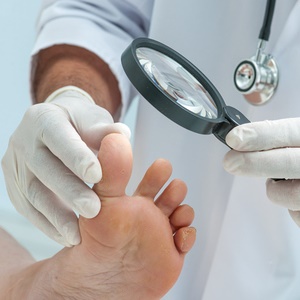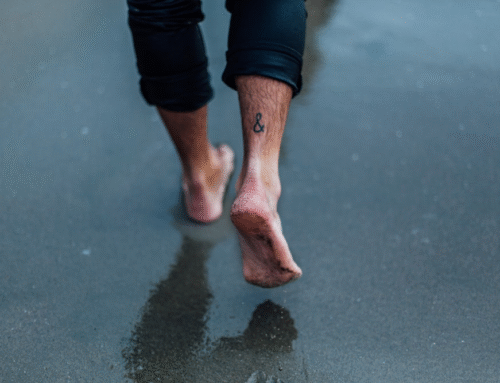Nail-biting is a common bad habit. People usually bite their nails due to stress, anxiety, or boredom. If you’ve had this habit for a long time, you might not even realize when and how much you bite your nails. This habit is common in children, but it can last until adulthood. An adult may develop this habit due to specific stressors.
It may seem like a harmless habit, but it can put you at more risk than you think. It can be unpleasant to watch and make your nails look jagged and dirty. And since you’re putting your fingernails in your mouth, you are getting bacteria in your system from the things you may have touched. Nail-biting can also damage the skin around the nail, tearing the skin open and putting it at risk of infection. Other than that, it can also put your nails at risk of a fungal infection.
Nail-biting can cause Paronychia, where the skin that meets the nail has a bacterial or fungal infection. Symptoms include redness, swelling, and pus-filled blisters around the nail. As it gets worse, the infection can spread to the nail and cause Onychomycosis.
When you bite your nails and pull off a piece of the nail from the skin, it can put you at risk of a fungal infection. Because of this, the fungi can get into the open areas of the nail bed, causing an infection. Once it infects the nail bed, it can cause the nail to become thick and discolored. Unfortunately, it can spread easily and infect the other nails.
Here are some tips to avoid nail-biting
- Keep your nails trimmed – it can be less tempting to chew on short nails.
- Learn about your triggers – figure out what makes you bite your nails so you can be aware and stop the urge to bite your nails
- Find another habit – find something that keeps your hands busy and away from your mouth
- Use bitter nail polish – these are created to stop nail biting, so when you bite your nails, you will regret it.
Nail Biting
Biting your fingernails is a habit that often times starts in your childhood. Studies have shown that about 60% of children and around 45% of teenagers are nail biters. Nail-biting becomes less and less common after the age of 18, but if the habit is already deeply ingrained in the individual, it can continue into adulthood.
But why do we do it? What drives us to bite our nails exactly? Stress and boredom play a huge role in this. The habit can often be linked to anxiety or to keep the body and mind occupied when the mind lacks interest. Anxiety, loneliness, or any other types of emotional triggers can also lead to nail-biting. Biting fingernails can also be a sign of OCD, also known as obsessive-compulsive disorder. Regular nail biting can cause severe damage to the nail and the surrounding skin, which can be considered a form of self-mutilation and harm!
Why you shouldn’t bite your nails
If you bite your nails on the regular, your nails and cuticles suffer, and the area around your nails can become infected since it’s easy for bacteria to travel from your fingers to your mouth and face. Nail-biting can also affect your teeth! It can severely weaken them or push their alignment out of place.
If you are a consistent nail-biter, try adding a bitter polish to your nails; it will discourage you from biting after leaving a sour taste in your mouth. If you find stress and anxiety are what cause you to nibble on your nails, try alternatives when relaxing, like yoga or meditation. Even something as simple as deep breathing and squeezing a stress ball would be a game-changer!

Laser Treatment for Nail Fungus
If you have caught nail fungus, it can be easily treated using the FDA-approved PinPointe laser, which typically only takes one treatment.
Our nail doctors recommend this treatment. The PinPointe Laser treatment has the highest cure rate in the market. It has no side effects and no recovery period. As a result, you can go about your daily activities right after the treatment. Also, it is painless.
If you have any signs of nail fungus, call us at (800) 672-0625 or visit our website for more information on our doctors at one of our over 160 locations.





